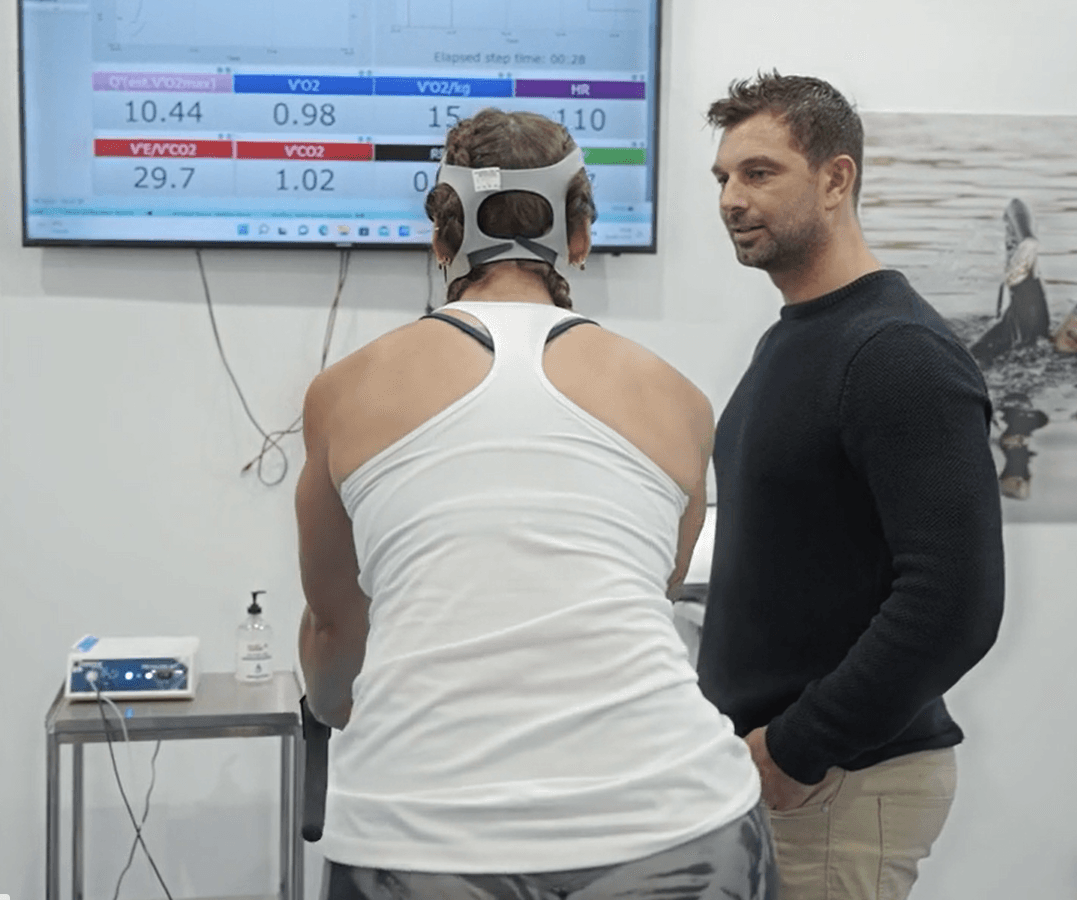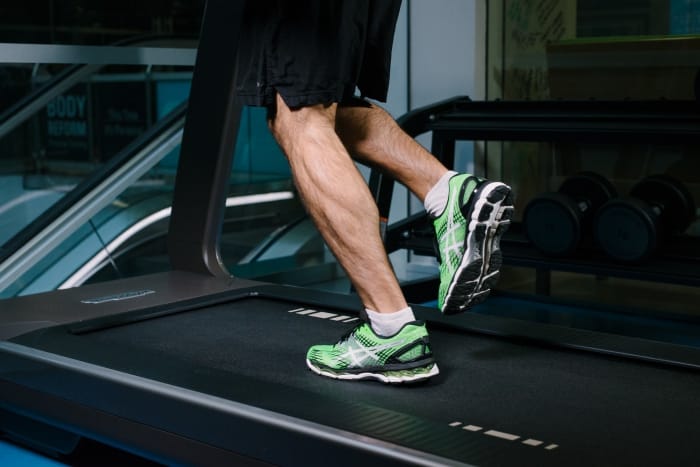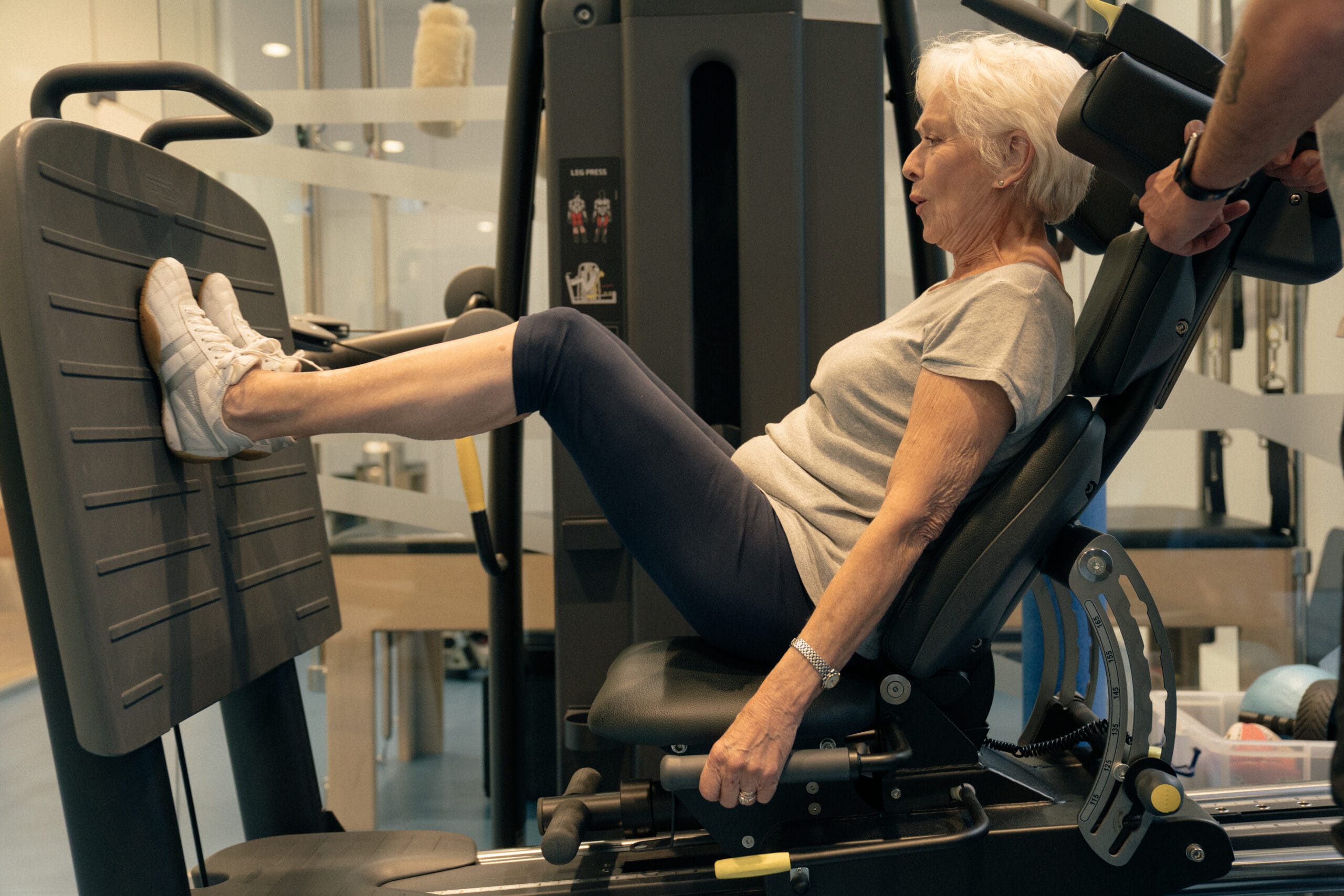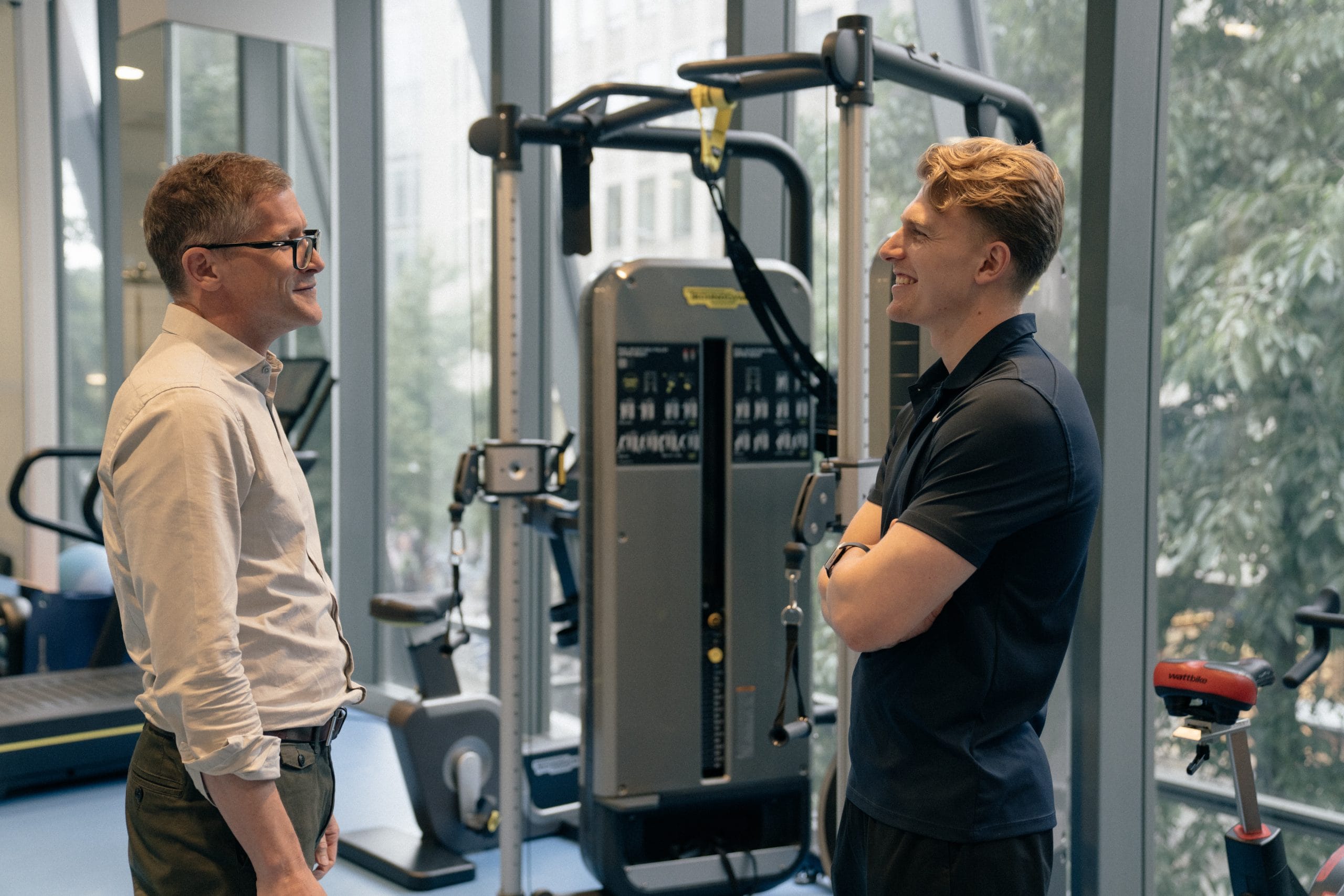
Physiological Performance & Health Assessments
Test, don’t guess, with The Human Performance Lab’s health assessments and data driven testing.

Based at our St Paul’s clinic, the Human Performance Lab offer extensive performance and health assessments that can be individually tailored to each patients goals and designed to accelerate your results by providing you with a detailed assessment of your unique physiology and metabolism.

Physiological Performance & Health
Assessments
The Human Performance Lab believe that if you are not testing you are guessing and every performance or health goal should be measured and tracked objectively.
Whether you are training for a marathon, wanting to lose weight and improve general health and wellness, The HPL’s advanced Physiological Performance and health assessments can help you by measuring
Understand how efficient your metabolism is by measuring your Resting Metabolic Rate. Your resting metabolic rate is the total amount of kcals your body burns whilst resting and is the largest contribution of total energy expenditure.
Although it is possible to predict RMR, a measurement can often show large differences which could be the key reason why you might be struggling to lose weight or perform optimally. An RMR assessment also identifies how efficient your body is at burning fat; a marker of metabolic efficiency.
Excess body fat increases your risk of Type II diabetes, heart disease, certain cancers, insulin resistance and COVID-19 and the weight you see on the scales might not show the full picture. You might be losing weight but are you losing body fat or are you losing muscle mass?
Our body composition assessments measure lean muscle mass, total body fat, visceral fat and hydration status. Our assessments will provide a baseline and in combination with a structure nutrition and training program we can monitor how much body fat you lose and how muscle mass you gain.
How fit are you and how do you know how much fitter you can become?
Our exercise performance tests will assess a number of key metrics that can be used to put a structured exercise in place that is 100% bespoke to you. Your V02 max is commonly regarded as the gold standard measurement of aerobic fitness and increases in your V02max is strongly correlated with reductions of injury and disease risk. It is also a key performance indicator of endurance sports such as triathlons & marathon running. A V02 max test will additionally provide you with targeted heart rate, speed (running) and power (cycling) zones allowing you to exercise and train with more precision. We will also identify key training thresholds that can highlight certain strengths and weaknesses and also your ability to burn fat across a range of exercise intensities.
The Human Performance Lab can also arrange for full blood chemistry analysis that can highlight any hormone, vitamin or mineral imbalances.
Your body is your most important investment, and it deserves more. Make sure you get the tailored care and treatment your individual case requires.

-
Work with a dedicated team of specialists, tailored to meet your specific needs and goals.
-
We combine over 1,000 years of expert experience in musculoskeletal healthcare and elite sport.
-
We are covered by all major insurers and also offer flexible self-pay options for added convenience.
Physiological Testing with The Human Performance Lab

Your Journey with Pure
Everything we do is personalised to you. Whether your goal is to run a marathon or simply walk up the stairs comfortably, we’ll deliver the correct diagnosis and tailored treatment you need to get there so that you can perform at your best and prevent reoccurrence.

Pricing
- Advanced Physiological Health Assessment (120 mins), includes detailed report + 30 minute remote follow up consultation – Contact us for more information
Frequently asked questions
Physiological testing is a scientific assessment of how the body functions during exercise, used to measure key aspects of fitness and performance. It helps identify an individual’s strengths, weaknesses, and training needs by evaluating factors such as cardiovascular fitness, endurance, power, body composition, and how efficiently the body uses energy. Common tests include VO₂ max, lactate threshold, and body fat analysis. The results provide valuable data to guide personalised training plans, monitor progress, and support performance, recovery, and overall health.
VO₂ max, or maximal oxygen uptake, is a key measure of aerobic fitness that indicates how efficiently your body can use oxygen during intense exercise. It represents the maximum amount of oxygen your body can deliver to your muscles per minute, relative to your body weight. A higher VO₂ max generally means better endurance and cardiovascular performance. It’s often measured during a graded exercise test on a treadmill or bike, where breathing and heart rate are monitored. Knowing your VO₂ max can help tailor training programs, track fitness improvements, and enhance athletic performance.
Physiological testing helps improve performance by providing detailed insights into how your body responds to exercise. By measuring factors like VO₂ max, lactate threshold, and power output, it identifies your current fitness level and highlights areas that need development. This data allows coaches and athletes to create targeted, personalised training programs that maximise strengths, address weaknesses, and ensure you’re training at the right intensity. Over time, it helps track progress, prevent overtraining, and fine-tune preparation for competition—leading to more efficient training and better overall performance.
During physiological testing, you’ll perform structured exercise – usually on a treadmill or bike – while your body’s responses are closely monitored. The test typically begins with a warm-up, followed by progressive stages of increasing intensity. Throughout the test, data is collected on heart rate, breathing, oxygen uptake (VO₂), and sometimes blood lactate levels. Additional measurements like power output, body composition, and muscle performance may also be taken. The process is carefully supervised by professionals to ensure safety and accuracy, and the results are used to assess your fitness and guide personalised training and performance strategies.
To prepare for physiological testing, it’s important to arrive well-rested, hydrated, and free from intense training in the 24–48 hours prior. Avoid caffeine, alcohol, and large meals for a few hours before the test, and wear comfortable workout clothing and appropriate footwear. Bring any personal equipment you normally use for training (like cycling shoes or a heart rate monitor), and follow any specific instructions provided by your testing centre. Being properly prepared ensures more accurate results and a safer, more effective testing experience.
A physiological test can be physically challenging, as it’s designed to push your body to near or maximum effort in a controlled setting. The intensity gradually increases until you reach fatigue or a specific threshold, depending on the test type. While it may feel tough, especially during the final stages, the process is closely supervised by professionals to ensure your safety. The difficulty varies based on your fitness level, but it’s important to remember that the goal is to gather accurate data – not to “pass” or “fail” – so you’re encouraged to go at your best pace.
Yes, you can, but you should only do a physiological test when you are fully fit and well. It is recommended that you seek guidance from a healthcare professional should you be unsure of your suitability for a physiological test.
Physiological Testing for Marathon Runners






